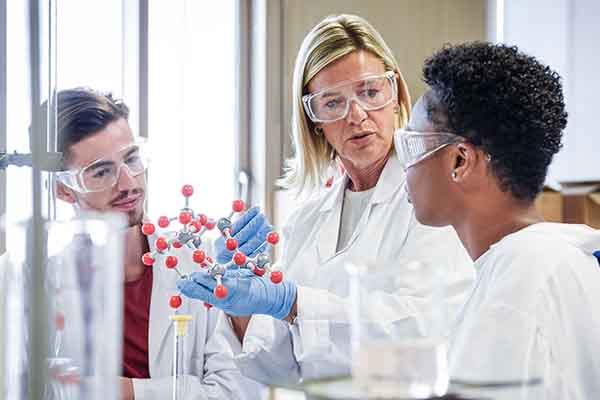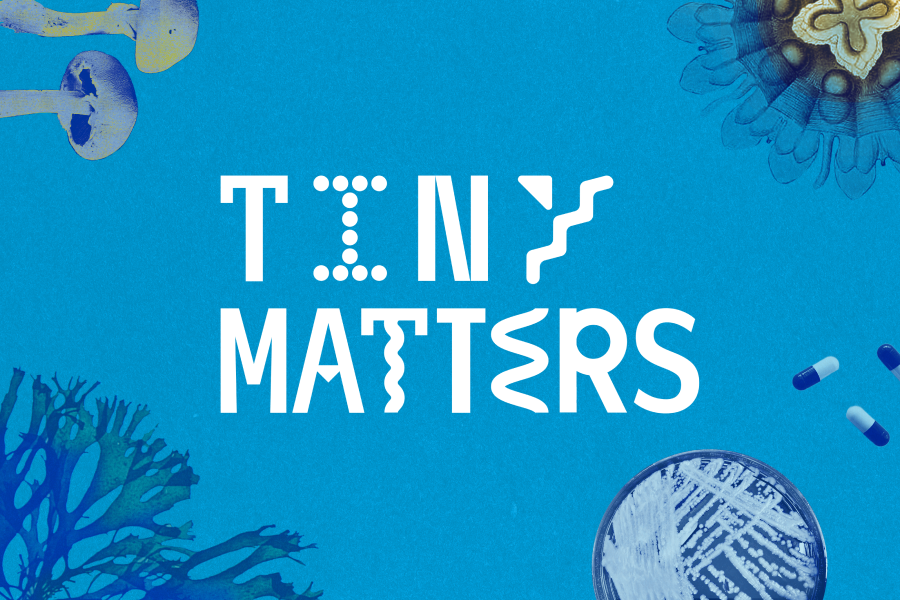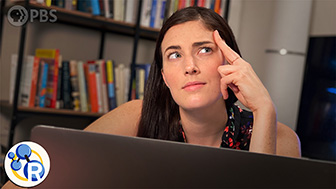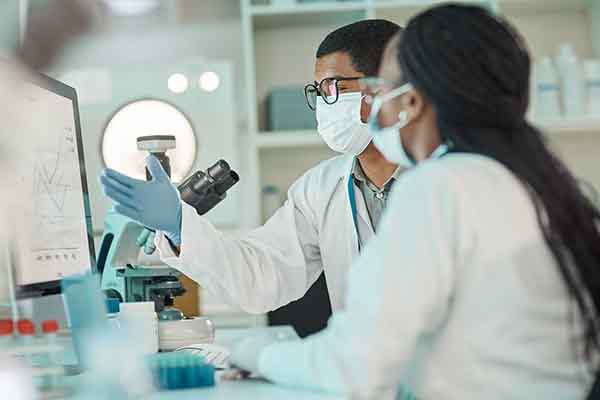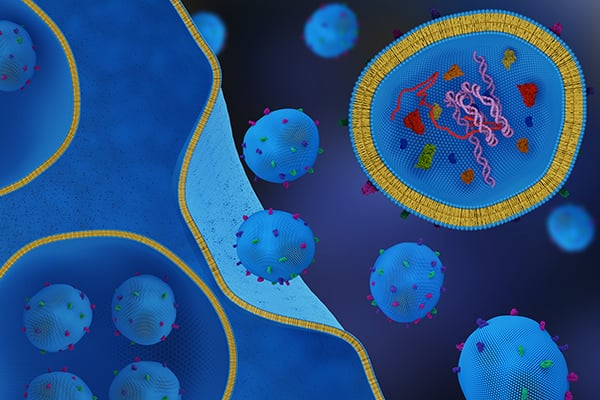Many people who are neurodivergent have executive function challenges, which can prevent them from demonstrating their content knowledge. However, students and scientists who are neurodivergent can flourish with more awareness, better supports, and career preparation. "A different way of thinking" not only refers to these students having a unique way of learning and perceiving the environment but also how educators should adopt different strategies when collaborating with people who are neurodivergent so they can succeed.
Join a diverse panel of educators and leaders as they discuss how to adopt a different way of thinking when working with people who are neurodivergent and how surprisingly, neurodivergence can be recognized at any time in life. Maria Dulay of Stanford University will share her insights gained, challenges faced, and lessons learned during her journey of collaboration in the research lab with a graduate student who is neurodivergent. Then Christin Monroe of Landmark College, who solely works with students who are neurodivergent, will discuss strategies to overcome barriers to their success. Finally, Holden Thorp, Editor-in-Chief of Science, was diagnosed with autism later in life after years of experience leading scientists and institutions. He will describe how individuals who are neurodivergent can improve their leadership skills with better support from their employers and developing self-awareness early.
This ACS Webinar is moderated by Racquel Jemison of the DEIR Office at ACS and is co-produced with the ACS Chemists with Disabilities Committee and the ACS Office of Diversity, Equity, Inclusion & Respect.
* If you are having technical difficulties viewing the video please try different internet browsers like Chrome, Firefox, and Explorer. If you still can not access the video please review the following computer prerequisites from our video hosting platform.
What You Will Learn
- How people who are neurodivergent perceive and learn
- How universally designed strategies and scaffolded career preparation can help students who are neurodivergent succeed academically and professionally
- How better support for scientists who are neurodivergent will attract outstanding talent
Co-Produced With
What an attendee said about this ACS Webinar!

This made me more aware of ways to accommodate students who need help.
BECAUSE PEOPLE
LIKE YOU CREATE
GREAT CHEMISTRY
You belong here


